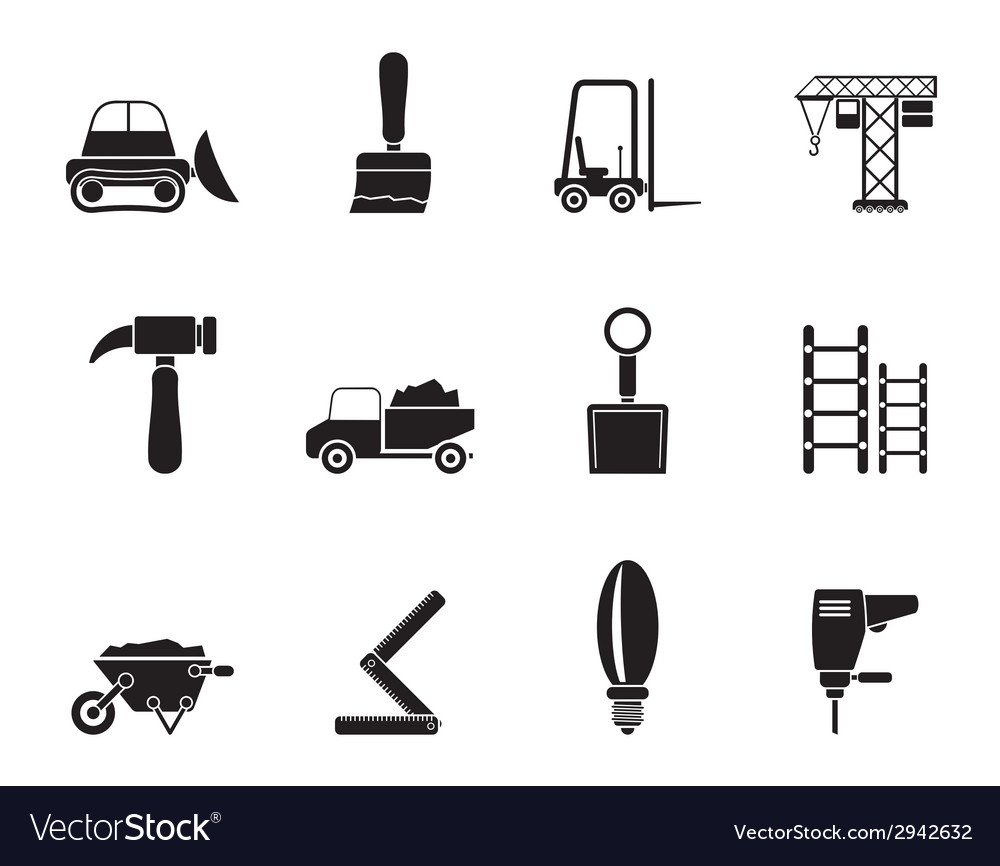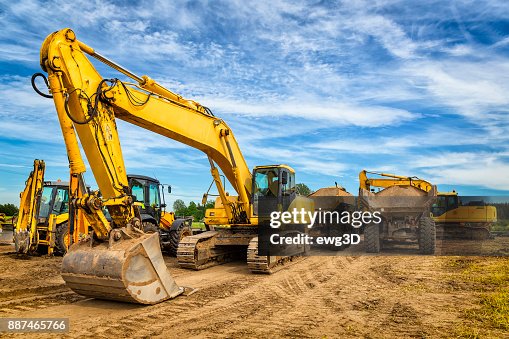Mini Excavator Rental in Tuscaloosa AL: Compact and Powerful Equipment for Tiny Jobs
Mini Excavator Rental in Tuscaloosa AL: Compact and Powerful Equipment for Tiny Jobs
Blog Article
Discovering the Financial Benefits of Renting Building Tools Compared to Having It Long-Term
The choice in between leasing and owning building devices is crucial for economic administration in the industry. Renting out offers immediate price financial savings and functional flexibility, permitting business to assign sources a lot more efficiently. Recognizing these nuances is vital, especially when considering how they line up with specific task requirements and economic methods.

Expense Comparison: Renting Out Vs. Having
When assessing the financial implications of renting versus possessing building and construction devices, a comprehensive price contrast is vital for making notified choices. The option in between possessing and leasing can considerably affect a company's profits, and understanding the linked expenses is crucial.
Renting out building equipment commonly entails lower upfront expenses, permitting services to allocate resources to other operational needs. Rental arrangements typically consist of versatile terms, making it possible for business to accessibility advanced equipment without lasting commitments. This flexibility can be especially advantageous for short-term tasks or changing work. Nonetheless, rental costs can build up in time, potentially surpassing the cost of possession if devices is required for an extensive duration.
Alternatively, having building equipment requires a considerable preliminary investment, together with continuous expenses such as financing, insurance coverage, and depreciation. While ownership can lead to lasting savings, it likewise ties up capital and might not provide the very same degree of versatility as renting. Additionally, possessing tools requires a commitment to its utilization, which might not constantly line up with project demands.
Ultimately, the choice to have or rent needs to be based upon a detailed evaluation of specific project needs, economic capability, and long-term strategic objectives.

Upkeep Expenditures and Duties
The option in between possessing and leasing building equipment not just entails monetary considerations but likewise includes ongoing upkeep expenditures and obligations. Owning tools calls for a substantial dedication to its upkeep, which consists of routine evaluations, repairs, and possible upgrades. These duties can swiftly build up, resulting in unexpected prices that can strain a budget.
On the other hand, when leasing equipment, upkeep is commonly the obligation of the rental company. This setup allows professionals to prevent the financial worry associated with damage, as well as the logistical obstacles of scheduling fixings. Rental agreements frequently consist of provisions for upkeep, implying that specialists can focus on completing tasks as opposed to bothering with tools condition.
Additionally, the varied variety of tools available for lease makes it possible for business to choose the most current designs with innovative technology, which can boost effectiveness and productivity - scissor lift rental in Tuscaloosa Al. By choosing rentals, businesses can prevent the lasting obligation of devices devaluation and the linked maintenance headaches. Eventually, reviewing upkeep expenditures and obligations is critical for making an informed decision regarding whether to possess or rent out construction equipment, dramatically impacting overall project costs and operational effectiveness

Depreciation Effect on Possession

A substantial element to think about in the choice to possess building and construction tools is the impact of depreciation on general ownership expenses. Depreciation represents the decline in value of the devices gradually, affected by variables such as use, wear and tear, and developments in innovation. As devices ages, its market value reduces, which can substantially impact the owner's monetary setting when it comes time to offer or trade the devices.
For construction firms, this depreciation can translate to significant losses if the devices is not utilized to its maximum capacity or if it lapses. Proprietors need to account for devaluation in their financial estimates, which can result in greater overall prices contrasted to leasing. In addition, the tax effects of depreciation can be intricate; while it may give some tax advantages, these are typically countered by the reality of lowered resale worth.
Ultimately, the problem of depreciation highlights the relevance of comprehending the lasting financial commitment entailed in having construction devices. Business have to thoroughly examine how typically they will certainly utilize the tools and the potential monetary influence of depreciation to make an educated decision regarding possession versus renting.
Monetary Versatility of Renting Out
Renting construction equipment uses substantial economic adaptability, enabling companies to designate sources extra efficiently. This adaptability is especially vital in a sector characterized by varying job demands and varying workloads. By choosing to lease, services can prevent the significant resources expense required for purchasing devices, protecting money circulation for various other functional requirements.
Furthermore, leasing devices allows business to customize their equipment selections to particular project requirements without the long-term commitment related to possession. This suggests that organizations can conveniently scale their devices stock up or down based on present and used excavator tracks for sale anticipated job requirements. Consequently, this flexibility lowers the threat of over-investment in machinery that may become underutilized or obsolete in time.
One more financial benefit of renting out is the capacity for tax benefits. Rental settlements are often considered overhead, enabling instant tax deductions, unlike depreciation on owned and operated devices, which is topped several years. scissor lift rental in Tuscaloosa Al. This prompt cost recognition can better boost a business's cash position
Long-Term Project Factors To Consider
When reviewing the long-term needs of a building and construction business, the decision between owning and leasing devices comes to be extra complex. For projects with extended timelines, buying devices may appear useful due to the potential visit this web-site for reduced total prices.
Additionally, technological advancements pose a significant consideration. The building and construction sector is evolving rapidly, with new equipment offering boosted efficiency and safety features. Renting permits firms to access the current modern technology without devoting to the high ahead of time costs associated with acquiring. This versatility is especially beneficial for companies that handle varied tasks calling for different sorts of equipment.
In addition, monetary security plays a critical function. Owning tools typically entails substantial funding financial investment and devaluation issues, while renting out permits for even more predictable budgeting and money circulation. Eventually, the selection between renting and having ought to be straightened with the tactical purposes of the building and construction service, thinking about both existing and awaited project demands.
Final Thought
In final thought, leasing building and construction tools supplies substantial economic benefits over lasting possession. Inevitably, the choice to rent out instead than very own aligns with the dynamic nature of building tasks, enabling for versatility and access to the most current devices without the monetary problems connected with ownership.
As equipment ages, its market value diminishes, which can substantially impact the owner's monetary setting when it comes time to trade the equipment or sell.
Renting out building and construction devices provides significant economic adaptability, enabling companies to allocate sources heavy equipment moving skates rental near me a lot more efficiently.In addition, leasing equipment makes it possible for business to tailor their tools options to particular task demands without the long-term dedication linked with ownership.In conclusion, leasing building tools uses substantial economic advantages over lasting possession. Ultimately, the choice to lease instead than own aligns with the dynamic nature of construction projects, allowing for adaptability and accessibility to the most current equipment without the economic burdens associated with ownership.
Report this page